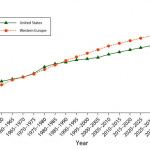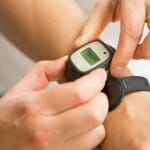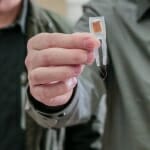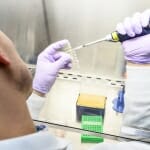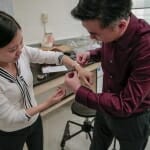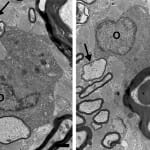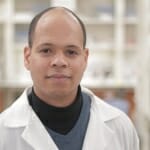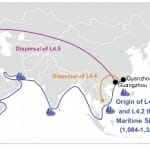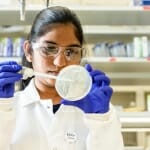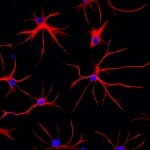Category Health & Wellness
Gene-editing tool now being used to develop better antibiotics
Jason Peters and colleagues have repurposed the gene-editing tool CRISPR to study which genes are targeted by particular antibiotics, providing clues on how to improve existing antibiotics or develop new ones. Read More
UW-Madison life-expectancy paper nabs top honor from APHA
Work published by three University of Wisconsin researchers regarding decreasing the gap in life expectancy of the United States population compared to European peers, earned top honors from the American Public Health Association. Read More
Professor seeking to offer eye screenings throughout state remotely
A UW–Madison professor helped start program that offers a way for patients with diabetes to easily access eye screenings, and now she and her fellow researchers are studying how to make such programs more widely available across Wisconsin. Read More
Are Fitbits the answer to nurse fatigue?
A UW–Madison School of Nursing professor is using activity trackers on nurses to uncover important data about what causes fatigue in the work environment and what health systems can do to minimize its impact. Read More
Aaron Perry is changing how his community perceives and experiences health
Through the Black Men’s Wellness Sustainable Initiative, Aaron Perry is using a grant from the Wisconsin Partnership Program in the UW School of Medicine and Public Health to change how his community perceives and experiences health. Read More
Nursing pioneer Signe Skott Cooper: From the farm to the battlefield
Cooper devoted more than 60 years to nursing education at UW–Madison and within the UW System. Her wartime service shaped her life, personally and professionally. Read More
Randolph Ashton named SCRMC associate director
Ashton, a leading UW–Madison stem cell scientist whose lab develops novel tissue engineering methods to derive brain and spinal cord tissues from human pluripotent stem cells, will assume a leadership position with the Stem Cell and Regenerative Medicine Center. Read More
Stem Cells @ 20: Students find inspiration, support in UW–Madison’s stem cell community
When Kaivalya Molugu was considering graduate schools, she knew she was interested in stem cell research, but she had to decide where to apply. The answer soon became clear: the place where it all began. Read More
Wisconsin Partnership Program awards $4 million to health equity initiatives
The new awards address a diverse range of issues including the health impacts of racism, tackling the social determinants of health in Milwaukee’s Latino community, preventing early childhood expulsion and strengthening support systems for citizens returning from incarceration. Read More



